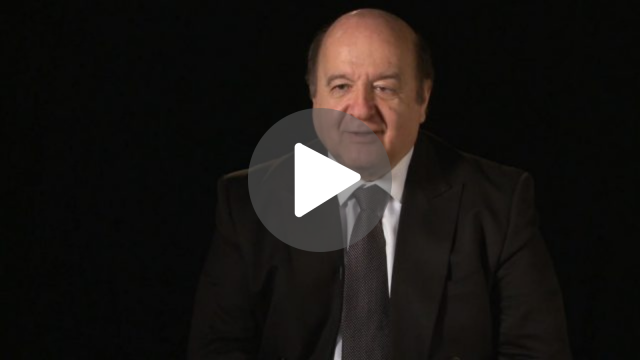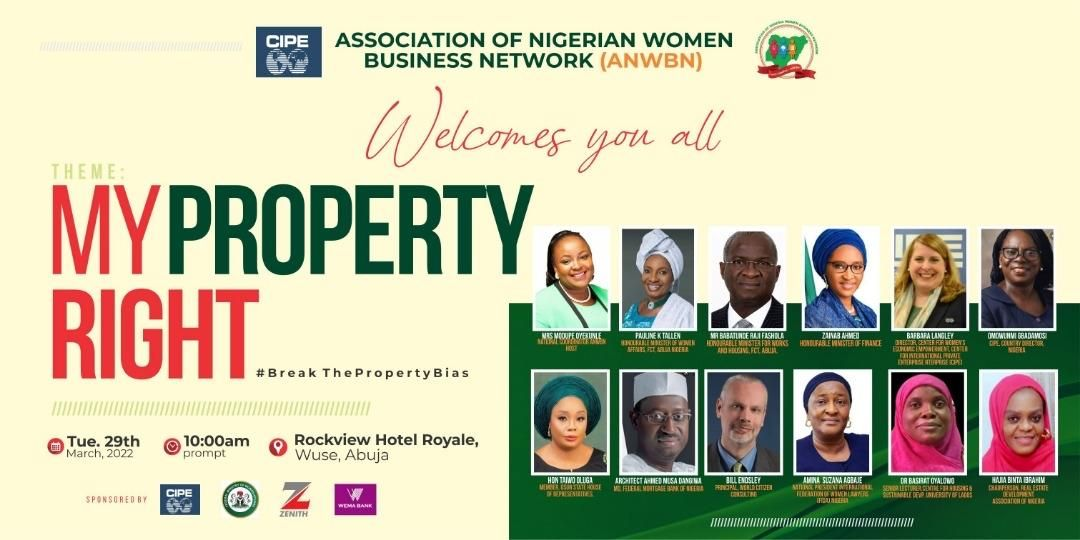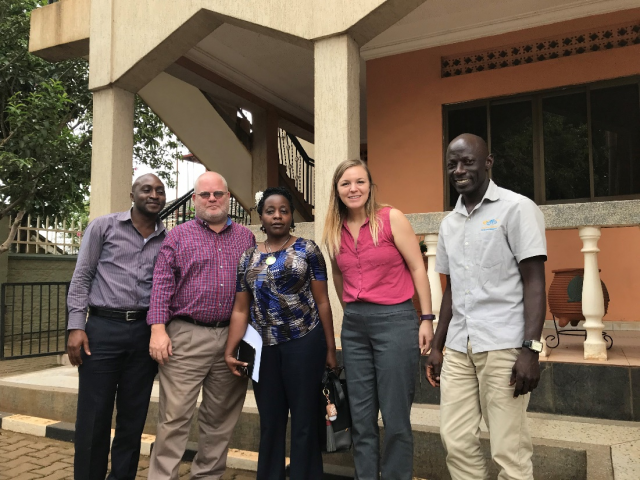
Property rights refer to the rules and regulations that govern the use, ownership, and management of land and real property. Decisions about how property can be used, who has rights, the extent of those rights, and how owners can verify, transfer, and value their assets are central to economic growth. Property rights also affect a wider range of issues, from overall urban development to access to credit, and democratic representation. Effective property rights policies should balance the interests of different stakeholders and ensure that land and property are used in ways that allow everyone to leverage their assets for productivity and growth.
Interview with Hernando de Soto

Hernando de Soto discusses the importance of property rights and formalizing the informal economy in developing countries. He argues that secure property rights and legal recognition can unlock economic opportunities by enabling individuals to access capital and participate more fully in the market. By formalizing property ownership and integrating informal businesses into the formal economy, countries can stimulate economic growth, reduce poverty, and enhance overall economic stability.
MEASURE
“If you can’t measure it, you can’t improve it.” – Lord Kelvin
Research your county’s property rights regime in the larger context of its macroeconomic conditions.
Multilateral organizations such as the World Bank, International Monetary Fund, and the Organization for Economic Cooperation and Development offer useful country profiles and resources. The International Property Rights Index can also provide a good overview.
International Property Rights Index
Another option is to consult the country Scorecards that have been developed or use the Property Rights section of the Scorecard methodology to develop a Scorecard for your country.
Country and Local Sources
Each country has resources for land and property issues such as:
- Armenia E-Services Platform of the Cadastre Committee
- Ghana Lands Commission
- Kenya National Bureau of Statistics
- Lagos State Land Bureau
Compile the resources for property rights in your city, country, and region.
Field Questions
Laws on the books do not always match what is happening on the ground. Use these questions in interviews or roundtables with local stakeholders to better understand SME experiences with property rights:
- What are the conditions of the overall commercial property market including pricing trends, vacancy rates, new buildings being developed or redeveloped, sectors that are growing or declining such as office, retail, logistics, or leisure?
- What is the typical situation for SMEs who lease property, such as lease terms and rates, security of tenure, and property maintenance?
- What recent laws, policies, or programs – if any – have been enacted that benefit SMEs in the real property rights area?
Identify key issues in property rights and choose one or two issues to address with SMART goals:
- Specific – choose goals that are simple, significant, and likely to make a difference.
- Measurable – set a metric, e.g., more SMEs signing simple leases for their operations.
- Achievable – keep the goals within the realm of your organization and influence.
- Resourced – what time and money will be dedicated to achieving the goal?
- Time Defined – set a time for the goal to be achieved.
COLLABORATE
Understanding property rights often remains limited to property titles without a deeper appreciation of the underlying and interconnected elements that make property rights meaningful and central to overall democratic and economic development. The property markets system is complex and often citizens and small businesses do not understand the intricacies of how properties are transacted. Property is related to power and in many places entrenched interests act as gatekeepers to limit access to land and property.
While many country constitutions hold that every citizen has equal rights, multiple barriers continue to keep some out of effective participation in property markets. Investigate what organizations are active in property rights work such as property or estate agents, developers’ groups, property managers, and valuation associations. Reach out to these organizations for advice and education on how the property market system works.
Identify key stakeholders including potential partners and supporting organizations that will also benefit from improved property rights.
- Consult with attorneys with expertise in property rights.
- Host roundtables, symposia, and other events discovering the experiences of businesses in dealing with property rights challenges and highlight success stories.
- Confirm the key issues and improvement goals.
- Develop an ongoing Stakeholder Engagement Plan, e.g., Stakeholder will meet twice a year to review progress and set new goals and targets.
Case Studies
Kenya Case Study
What’s Next for the Kenya Coast?
There is potential for growth and transformation in coastal Kenya, particularly through improved governance, investment in infrastructure, and support for local businesses. Strategic investments and reforms will be important to address issues such as political instability and economic inequality to unlock the region’s full potential. By emphasizing strategic planning and development, Kenya can harness its coast’s economic opportunities and promote resilient economic growth while addressing the existing challenges.
Nigeria Case Study

The Association of Nigerian Women Business Network (ANWBN), in partnership with CIPE, held a Symposium to help their membership understand that their right to own property was guaranteed by the constitution and created a property rights committee to develop strategies to break the property bias.
Among the conclusions:
- The limited property rights regime in Nigeria is a barrier for women and does not allow them to sufficiently advance socially, financially, nor in business.
- Marriage is not considered a partnership of equals in relation to property rights. These rights also vary from region to region based on the local culture.
There are many unwritten customary laws that are oppressive to women such as when inheritance rights are only offered to sons. However, the Constitution says that everyone has equal access to property. The Marriage Act of 1990 allows for equal ownership of property during marriage and equal distribution of assets at divorce, although such government acts must still be domesticated by many States for full implementation.
ADVOCATE
The voices of SMEs are too often not heard in policymaking that directly affects their resilience and growth. Local business associations, chambers of commerce, and think tanks should actively participate in the democratic process by contributing to policy discussions that affect property rights and markets. CIPE resources and programs can equip you to advocate for relevant economic reforms and engage effectively in dialogue with the government. Advocacy approaches, such as coalition building, grassroots outreach, and business-led policy platforms, give SMEs a voice and help to encourage strong, economic growth while bolstering democracy.
- Publish papers, articles and blogs on key issues and improvement goals.
- Establish relationships with local media to become trusted sources for articles and quotes on issues related to SMEs.
- Host an annual public event on the importance of SMEs to the economic growth of the community.
International Resource
- How to Advocate Effectively Guide for Business Associations
- National Business Agenda Guidebook
- USAID Land-Links
Uganda Case Study
Using Data to Support: Property Markets & Housing Rights for Women

In 2017, IHC Global and the Association of Real Estate Agents – Uganda (AREA) used the Scorecard to assess the core elements of property markets and evaluate their effectiveness with a particular view towards women. The project was carried out with the understanding that providing women with access to property rights and credit can further economic development and transform the lives of women, families, and entire communities.
An advocacy campaign focused on story telling arose from the project. Since custom plays such a strong role in women’s ability to exercise property rights, a traditional awareness campaign would have had limited effect. Information about rights and recourse focused on key places where that information would be consumed by women.
To make the information relatable and ensure local buy-in, IHC Global worked with local partners to disseminate information through storytelling, a method that is geared to create social behavioral change. Storytelling was used to show positive examples of women owning land and property and how men accept and support these women to change traditional patriarchal notions.

